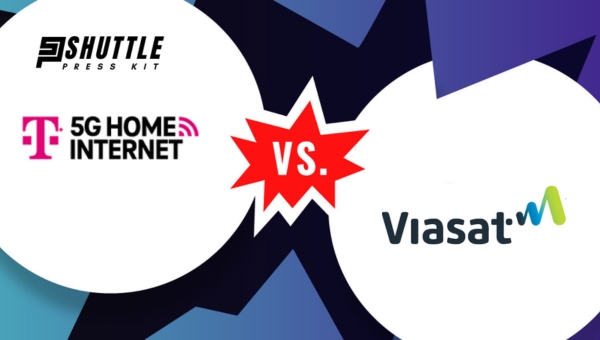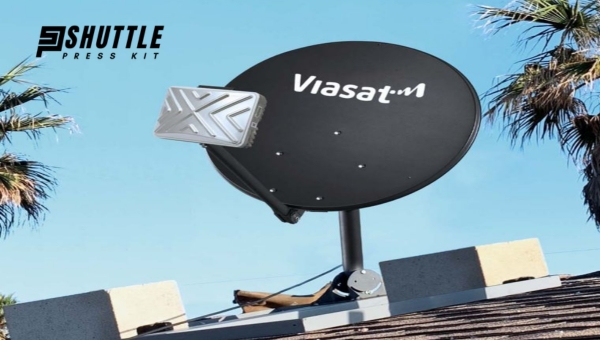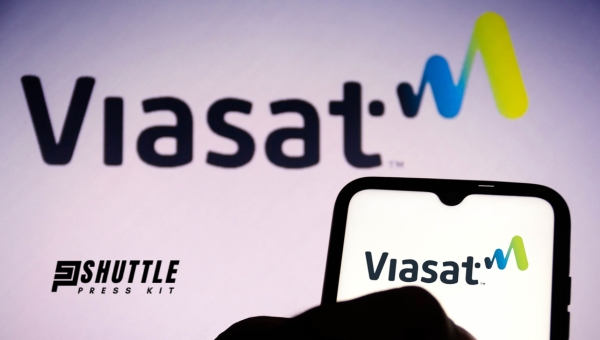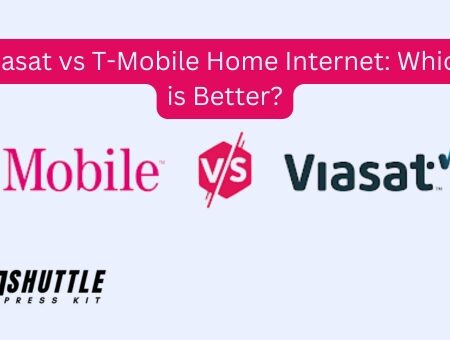Are you on a quest for the best home internet provider? Dive into our in-depth comparison of “Viasat vs T-Mobile Home Internet.”
Reading this article will equip you with useful insights, ratings, and unraveled features of both service providers that can guide you to make an optimal choice most fitting your needs.
When weighing Viasat against T-Mobile home internet, there isn’t a clear-cut winner. It boils down to your specific requirements—be it coverage, speed, or cost-effectiveness. Viasat has ample coverage even in rural areas and offers higher data caps whereas T-Mobile boasts affordable pricing with good urban availability.
Both Internet providers have their unique selling points and drawbacks therefore providing diversified options for different households’ preferences.
| Attributes | Viasat | T-Mobile Home Internet |
|---|---|---|
| Pricing | Varies by plan, typically starting around $50/month, increasing after 3 months | Usually around $50/month with autopay |
| Speeds | Ranges from 12 Mbps to 100 Mbps, depending on the plan and area | Generally offers average speeds of 25–100 Mbps, depending on location and network congestion |
| Data Policy | All plans have data thresholds (12 GB to 150 GB depending on plan). Speeds may decrease after reaching data cap. | Unlimited data with no data caps, but may prioritize other customers during network congestion |
| Contracts | Typically requires a 2-year contract | No annual contracts; service is month-to-month |
| Equipment Fees | Standard lease fee for modem and equipment (varies, approximately $10/month) | No equipment fees; router included |
Overview of Viasat and T-Mobile Home Internet Services
Viasat and T-Mobile offer contrasting home internet solutions tailored to different user needs. Viasat, primarily a satellite internet provider, excels in delivering service to rural areas where traditional wired connections are unavailable.

Its offerings are characterized by broad coverage but generally come with higher latency and variable speeds depending on weather and other environmental factors. On the other hand, T-Mobile has capitalized on its cellular network expertise to roll out fixed wireless internet services, which utilize their existing 4G LTE or 5G networks.
This solution is often more suited for suburban areas with a focus on competitive speeds and lower latency compared to satellite options. Both providers package their services uniquely to enhance user satisfaction.
Viasat’s plans typically include data thresholds after which speeds can be throttled during times of congestion, although they offer unlimited data usage with varying speed caps. T-Mobile’s Home Internet, conversely, promotes a flat-rate pricing model without specified data caps or overage fees, appealing particularly to those who despise complicated billing structures.
The choice between Viasat and T-Mobile will largely depend on the user’s location, budget constraints, and specific service requirements such as speed consistency or total bandwidth usage.
Also Read: Starlink Volcano Mount Guide: Easy DIY Installation Tips
Viasat vs T-Mobile: Price
When comparing price, T-Mobile offers a more economical option than Viasat. T-Mobile’s 5G Home Internet plan costs around $50 per month with AutoPay, providing unlimited data without additional fees.
Viasat’s plans range from approximately $69.99 to $199.99 per month, depending on speed and data allowances. While Viasat provides higher-speed options, the cost can escalate quickly, especially after promotional periods end. Therefore, for users focused on budget-friendly internet solutions, T-Mobile is the more attractive choice.
Speed
In terms of speed, T-Mobile outperforms Viasat significantly. T-Mobile’s 5G Home Internet offers download speeds ranging from 33 Mbps to 245 Mbps, depending on the user’s location relative to 5G infrastructure.

Conversely, Viasat provides speeds that typically range from 12 Mbps to a maximum of 150 Mbps. This disparity in speed can greatly affect user experience, particularly for activities like streaming and gaming. For users prioritizing high-speed internet access, T-Mobile is generally the better option.
Reliability
Reliability is another critical factor in choosing between T-Mobile and Viasat. T-Mobile benefits from lower latency due to its cellular technology, which enhances performance for real-time applications such as video calls and online gaming.
Viasat, being a satellite provider, often experiences higher latency and potential service interruptions due to weather conditions or obstructions affecting the satellite signal. While both services can be reliable, T-Mobile tends to offer a more stable connection in urban areas compared to Viasat’s satellite service.
Viasat vs T-Mobile: Coverage
When it comes to coverage, Viasat has a significant advantage due to its satellite technology, which allows it to reach nearly every home in the U.S., regardless of location. This makes Viasat an excellent choice for rural areas where traditional broadband services may not be available.

T-Mobile’s coverage is extensive but primarily focused on urban and suburban regions; its 5G network is still expanding into rural areas. Users in remote locations may find Viasat’s service more accessible, while those in urban settings may benefit more from T-Mobile’s faster speeds and lower latency.
Also Read: Starlink Offer Phone Service? Discover Now!
FAQs
Can I switch from Viasat to T-Mobile home internet?
Yes, you can switch between these providers if the desired service is available in your area. Ensure that T-Mobile’s coverage is consistent and reliable in your locality.
Is it easy to install my own home internet using either service?
Both Viasat and T-Mobile provide straightforward setup processes. However, Viasat might require professional installation due to its satellite-based system.
How much does data usage cost on either platform?
The rate of data usage depends on your selected plan with each provider; both companies offer different tiers with varying costs depending on the speed and limits.
Who holds a larger market share between these two?
Nationwide coverage varies but based on presence, T-Mobile has a broader reach given it also offers mobile services aside from its Home Internet service.
Which company offers better customer support — Viasat or T-Mobile?
Customer experiences may vary; some users report favorable interactions with both companies while others express dissatisfaction. Check reliable reviews for up-to-date feedback.
Also Read: Starlink Ethernet Adapter: Effortless Setup, Honest Review!
Conclusion
Choosing between Viasat and T-Mobile Home Internet ultimately boils down to your individual needs. While both provide reliable services, subtle differences can make one more appealing than the other.
Viasat might be your go-to choice if you’re in a rural area with limited coverage due to its extensive availability.
On the flip side, if fast speed is your top priority and you fall under T-Mobile’s service area, you might prefer T-Mobile’s faster speeds and unlimited data allowance. It can also provide an attractive cost-saving option for people already using T-Mobile’s mobile services.
At the end of the day, consider what matters most to you in a home internet service and choose accordingly.
